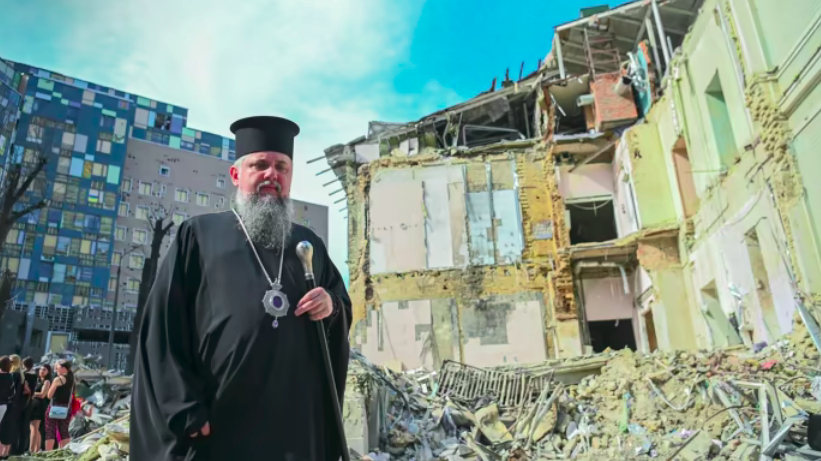Metropolitan Epifaniy stated, "This law provides an opportunity for all religious structures that have not yet done so to fully free themselves from Moscow's control. We again and again call on all Orthodox believers in Ukraine who have not yet done so to finally reject this Russian yoke. We are open to dialogue without preconditions."
Epifaniy highlighted that many parishes across Ukraine have already decided to join the autocephalous Ukrainian Orthodox Church instead of the Moscow-influenced organization the "Ukrainian Orthodox Church."
The OCU leader explained that under Ukrainian law, including the newly passed legislation, each religious community has the right to change its jurisdiction. He outlined the process for transition, which involves community meetings, decision-making, and amendments to the community's charter.
Responding to claims of a lack of dialogue between the OCU and UOC-MP, Epifaniy described such statements as "strange," noting that since 2019, he and the Synod have repeatedly reached out to the UOC but received only an ultimatum in response.
Following the law's passage, the UOC stated its intention to continue operating as the "true church," warning that attempts to ban it could discredit those seeking such action. Having undertaken half-measures to sever its subordination to the Russian Orthodox Church after Russia’s full-blown invasion in 2022, it found itself under increasing state pressure. Its connection to the religious institution blessing Russia’s ongoing invasion of Ukraine became increasingly incomprehensible as Ukraine’s law enforcement cracked down on clerics accused of spreading “Russian world” ideology, the Kremlin’s driving force of war, and lawmakers made legislative inroads for prohibiting its activities.
Find out more about church issues in Ukraine here:
“Not about banning.” Theologian unpacks Ukraine’s new anti-Russian church law
Related:
- “Not about banning.” Theologian unpacks Ukraine’s new anti-Russian church law
- Tomos ante portas: a short guide to Ukrainian church independence

